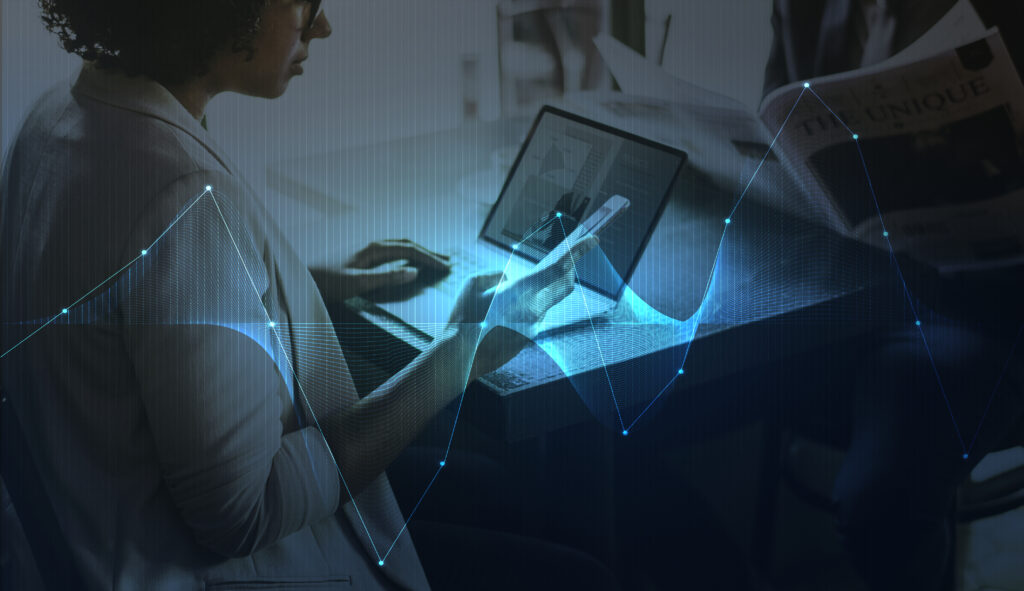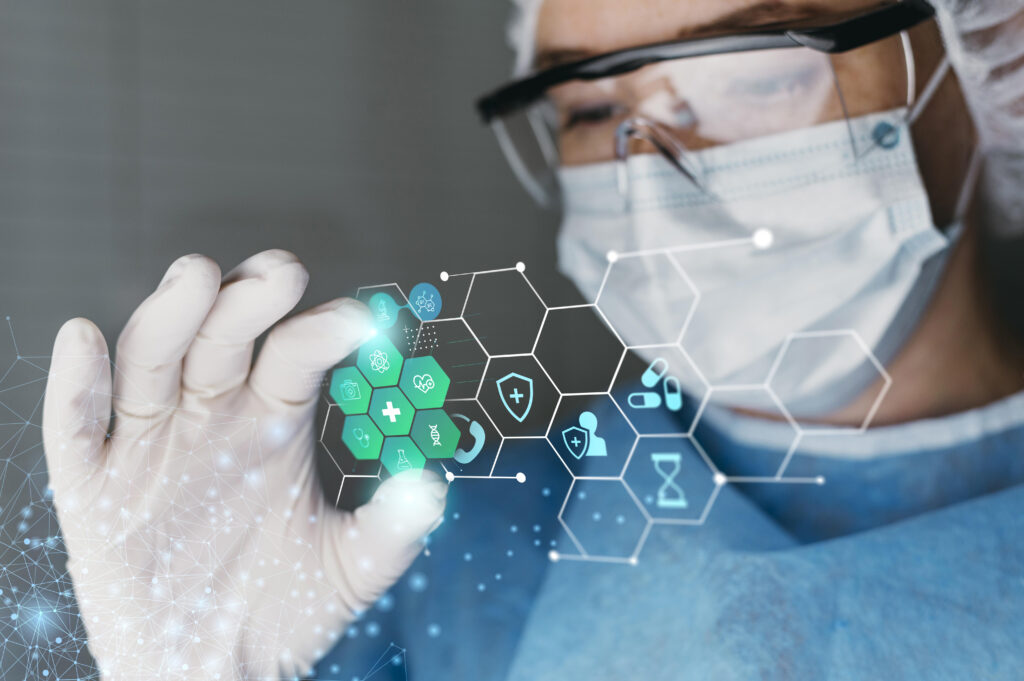
Aishwarya Nair
7 months ago
Understanding Risks at the Intersection of AI and Biotechnology
The intersection of artificial intelligence (AI) and biotechnology is unlocking groundbreaking advancements in healthcare, drug development, and genetic engineering. However, these innovations come with significant risks. From data privacy breaches in genomics to the ethical implications of genetic manipulation, the fusion of AI and biotech raises concerns that must be addressed. As AI accelerates discoveries in fields like synthetic biology, it is critical to consider the dual-use dilemma, where beneficial technologies could be weaponized for malicious purposes. Robust regulations, ethical guidelines, and enhanced security measures are essential to balance innovation with caution.
Artificial Intelligence (AI) is transforming industries worldwide, and biotechnology (bio) is no exception. The intersection of AI and bio is unlocking revolutionary advancements in healthcare, drug development, and genetic engineering. However, with these innovations come significant risks. From ethical dilemmas to cybersecurity concerns, it’s crucial to understand the potential hazards of combining AI with biotechnology.

The Rise of AI in Biotechnology
AI is reshaping the biotech landscape by enhancing the ability to analyze vast data sets and predict biological outcomes. Machine learning algorithms, for instance, can help researchers identify new drug candidates, understand genetic mutations, and personalize medical treatments. In fields like genomics and synthetic biology, AI helps accelerate the discovery of solutions to some of the world’s most complex medical and biological problems.
However, the integration of AI into biotech has raised critical concerns, both for public safety and the ethical implications surrounding the use of such technologies.
Potential Risks in AI and Biotechnology
- Data Privacy and Security Concerns
One of the most significant risks at the intersection of AI and bio is data privacy. Biotechnology, particularly in genomics, relies heavily on personal health and genetic data. With AI processing this sensitive information, there is a heightened risk of data breaches and misuse.
Cybercriminals could target valuable genetic information to steal or manipulate health data, leading to identity theft or unauthorized use of biological data for malicious purposes. In the wrong hands, AI-powered tools could be weaponized to create biothreats or engineered viruses.
- Ethical Implications of Genetic Manipulation
As AI facilitates more advanced genetic manipulation, questions about the ethics of gene editing and synthetic biology have emerged. AI can streamline processes like CRISPR gene editing, raising concerns about the ethical boundaries of genetic modifications.
Should AI be used to engineer "designer babies" with specific traits? How should we handle the unintended consequences of genetic alterations? These ethical questions highlight the need for clear regulations and guidelines to ensure AI is used responsibly in biotechnology.
- Dual-Use Dilemma: Medical Innovation vs. Bioweapons
The dual-use dilemma refers to the fact that scientific advancements, particularly in AI and bio, can be used for both beneficial and harmful purposes. While AI can improve healthcare and biological research, it can also be exploited to develop bioweapons or harmful biological agents.
AI-driven biotechnology could be used by malicious actors to engineer pathogens or viruses with enhanced transmissibility or resistance to treatment. This raises national security concerns, making it critical for governments and research institutions to monitor AI-biotechnology developments and implement safeguards.
The Need for Robust Regulations and Security Measures
Given the potential risks, it is crucial for policymakers to establish strong regulatory frameworks governing the use of AI in biotechnology. Transparent guidelines can help prevent misuse, ensure data privacy, and address ethical concerns related to genetic manipulation.
Moreover, cybersecurity measures need to be bolstered to protect sensitive biological and genetic data from potential breaches. Collaboration between governments, the biotech industry, and AI experts will be essential to ensure that advancements in AI-driven biotechnology are both safe and ethical.

Conclusion: Balancing Innovation with Caution
The intersection of AI and biotechnology holds immense promise for revolutionizing medicine, agriculture, and environmental science. However, the risks that come with these innovations cannot be overlooked. As we navigate the future of AI in bio, it is essential to strike a balance between pushing the boundaries of scientific discovery and ensuring the ethical, secure use of these powerful technologies. Only by understanding and addressing the risks can we fully unlock the potential of AI in biotechnology for the benefit of society. Read more.